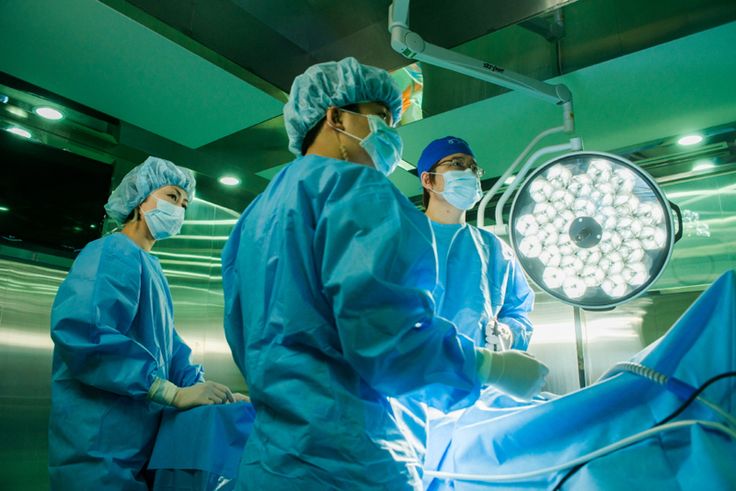Appointment
Book your consultation easily for expert, personalized medical care today.
Working Hour
- 10am to 08pm
- 10am to 08pm
- 10am to 08pm
- 10am to 08pm
- 10am to 08pm
- 10am to 08pm
- Closed
Symptoms of Piles:

Piles Surgery
At Samyak Gastro Care, we understand the discomfort and distress piles can cause. Led by Dr. Devendra Talera, our compassionate team offers advanced surgical treatments designed to relieve pain, restore comfort, and improve your quality of life.
What Are Piles? Piles, or hemorrhoids, are swollen veins in the rectum or anus that can cause pain, itching, bleeding, and discomfort. Common causes include chronic constipation, prolonged sitting, pregnancy, or straining during bowel movements. While mild cases can be managed with lifestyle changes and medications, severe or recurring piles may require surgical intervention.
Our Surgical Techniques: At Samyak Gastro Care, we provide personalized treatment plans using the most advanced and effective surgical techniques, including:
- Open Hemorrhoidectomy: Ideal for larger or more complex hemorrhoids, this traditional procedure involves surgically removing the hemorrhoids through precise incisions. While recovery may take longer, this method ensures long-term relief and prevents recurrence.
- Stapled Hemorrhoidopexy (PPH): A minimally invasive procedure that uses a circular stapling device to reposition and cut off the blood supply to the hemorrhoids, causing them to shrink. It offers reduced pain and faster recovery compared to traditional surgery.
- Transanal Hemorrhoidal Dearterialization (THD): A cutting-edge, minimally invasive procedure that uses Doppler ultrasound to identify and tie off the arteries supplying blood to the hemorrhoids. This method reduces swelling, minimizes pain, and ensures a quicker recovery
Why Choose Samyak Gastro Care?
- Expert Care: Led by the highly experienced Dr. Devendra Talera, our team specializes in the diagnosis and treatment of complex digestive disorders.
- Personalized Treatment: Each patient receives a tailored treatment plan designed to address their unique condition and lifestyle.
- State-of-the-Art Technology: We use cutting-edge techniques and equipment for precision, safety, and faster recovery.
- Compassionate Support: From consultation to recovery, our team is by your side, ensuring comfort and care at every stage.
- Affordable Care: Quality healthcare should be accessible to all, and we offer treatments at reasonable costs without compromising on quality.

